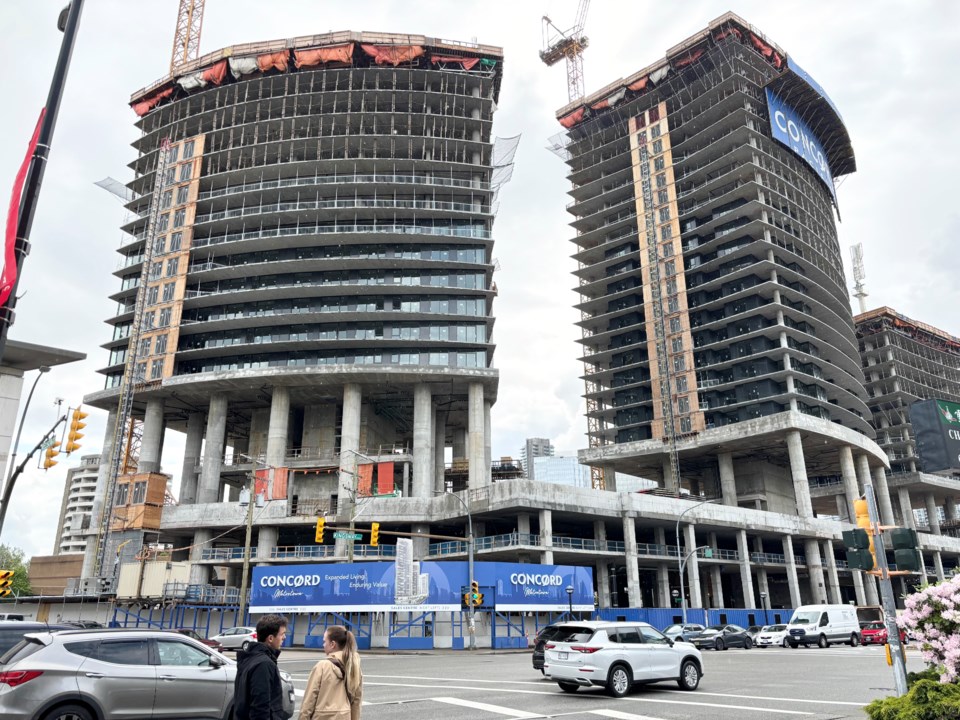Provincial Housing Minister Ravi Kahlon says his government has no plans to change its short-term rental (STR) legislation after the BC Real Estate Association called for it to be tweaked for economic and tourism reasons.
As the province ramps up STR enforcement, Kahlon said STRs and hotels remain available across the province, even as some stakeholders say tourist accommodation could burst at the seams this summer as many British Columbians avoid U.S. travel and vacation locally.
The BCREA on Tuesday called for more municipal zoning autonomy, as well as new or expanded exemptions for health-care patients, film and TV workers, and others.
“The suggestion that we provide exemptions would make sense only if we had a complete ban on short-term rentals, but that’s not the case,” Kahlon said in a Wednesday interview with BIV.
“Short-term rentals are available in communities throughout the province. They are available in small communities through B.C. In fact, there’s a lot of communities that don’t even have the principal residence requirement put on them.”
The minister said long-term rental housing is his priority, saying the STR regime has already helped lower rents by “almost nine per cent in most major communities over the last year and a half since we brought this change in place.”
He also said communities continue to have hotel capacity, and that there’s a “clear path” for affected municipalities to opt out of the principal residence requirement if their vacancy rate exceeds three per cent for two years.
“If you’ve got a limited supply of housing, let’s prioritize it for our people,” Kahlon said.
The BCREA said in a Tuesday press release local governments should be able to request exemptions for locations and buildings in STR-zoned areas in their communities.
“Doing this would allow municipalities and regional districts the flexibility to shape short-term regulations to fit the nuances of their unique communities and end the false binary of being in or out as exists under the current legislation,” the association said.
The BCREA made several other recommendations.
It said the strata hotel and fractional ownership exemptions should be expanded, and recommended the creation of a new exemption for buildings near health-care centres and hospitals, to better accommodate people travelling for necessary medical treatments.
The BCREA also recommended a new exemption for B.C.’s film and TV sector to better accommodate travelling cast and crew.
STR platforms like Airbnb Inc. and Vrbo parent company Expedia Group Inc. have expressed concerns that the province’s STR legislation restricts accommodation options without lowering rents, and could impair Canadians from travelling locally this summer or attending next year’s FIFA World Cup matches in Vancouver.
Vancouver’s hotel market already has the highest occupancy and room rates in the country, according to 2024 data from Avison Young (Canada) Inc.




